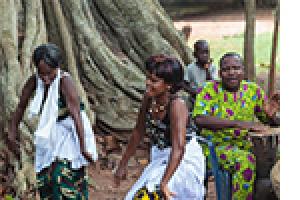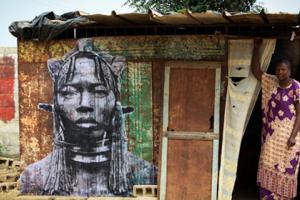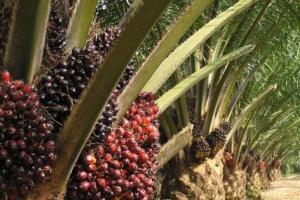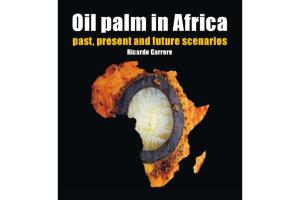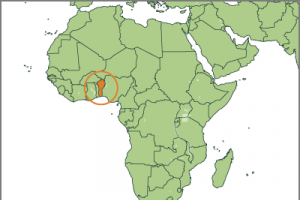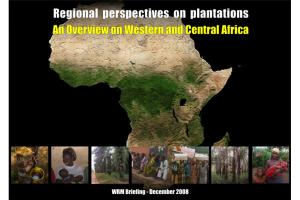Although growing international recognition of forests’ role on food sovereignty for forest-dependant populations, large amounts of medicinal and highly nutritious plants are disappearing due to deforestation. This is the case of Benin, where 12% of the households have lost food sovereignty, 38% of medicinal plants have vanished and malnourishment is prevalent.
Benin
Other information
10 August 2015
Bulletin articles
7 May 2014
The expansion of industrial oil palm plantations in Africa: A call for greater solidarity and action
In late 2013, a group of representatives of African, Indonesian and international NGOs met with members of La Via Campesina and the African Biodiversity Network in Calabar, Nigeria, to address the massive expansion of industrial oil palm plantations on the African continent and discuss, in particular, the situation in Nigeria, Sierra Leone, Liberia, Cameroon, Benin, Côte d’Ivoire, the Democratic Republic of Congo and Gabon.
Publications
30 August 2013
Governments are opening the doors to corporations for planting vast areas of land with oil palm plantations. This trend is not only happening in West and Central African countries, but is even expanding to parts of Eastern Africa. Large scale oil palm plantations are already causing serious environmental and social impacts in some countries, resulting in loss of community rights over their territories.
Other information
30 September 2011
Oil palm has historically played an important role in Benin and oil palm plantations, as opposed to naturally occurring palm groves, were established in the 19th century to meet an increasingly greater demand for palm oil from Western countries, primarily to supply their soap factories.By this time, oil palm was grown on an estimated 500,000 hectares of land in Benin, and the processing of oil palm products was entirely manual, carried out by women small-scale producers.
Bulletin articles
30 August 2010
La production d’huile de palme est séculaire au Bénin et elle s’est toujours faite surtout par des méthodes artisanales. Ce sont précisément les femmes qui fabriquent l’huile de palme pour la consommation locale. Or, au nom de la « modernisation de la production », le rôle des femmes se voit aujourd’hui menacé.
Publications
15 December 2008
Oil palm and rubber plantations occupy extensive areas in many countries in tropical Africa. In spite of their social and environmental impacts, until now they have received scant attention both at the national and international level.
Bulletin articles
18 July 2007
The race for agrofuels has reached Benin. With heavy support from the government and forming a key part of the “agricultural revival strategy” promoted by the IMF restructuring programme, millions of hectares of agricultural and forest land are to be turned over to agrofuel production for export, with no discussion or concern for the impacts that this will have on the Beninese, their food production and their environment.
Other information
7 October 2002
In most of the African countries, claims concerning community-based forest and natural resource management have arisen as a reaction to the repressive nature of natural resource laws inherited from Colonial times. Forestry laws in force in the post-Colonial period compromised local community rights to forest ownership. Licences and other forms of taxes so far unknown to local communities were imposed to control the exploitation of forest products that the local inhabitants had had free access to previously, either for their domestic consumption or for marketing.
